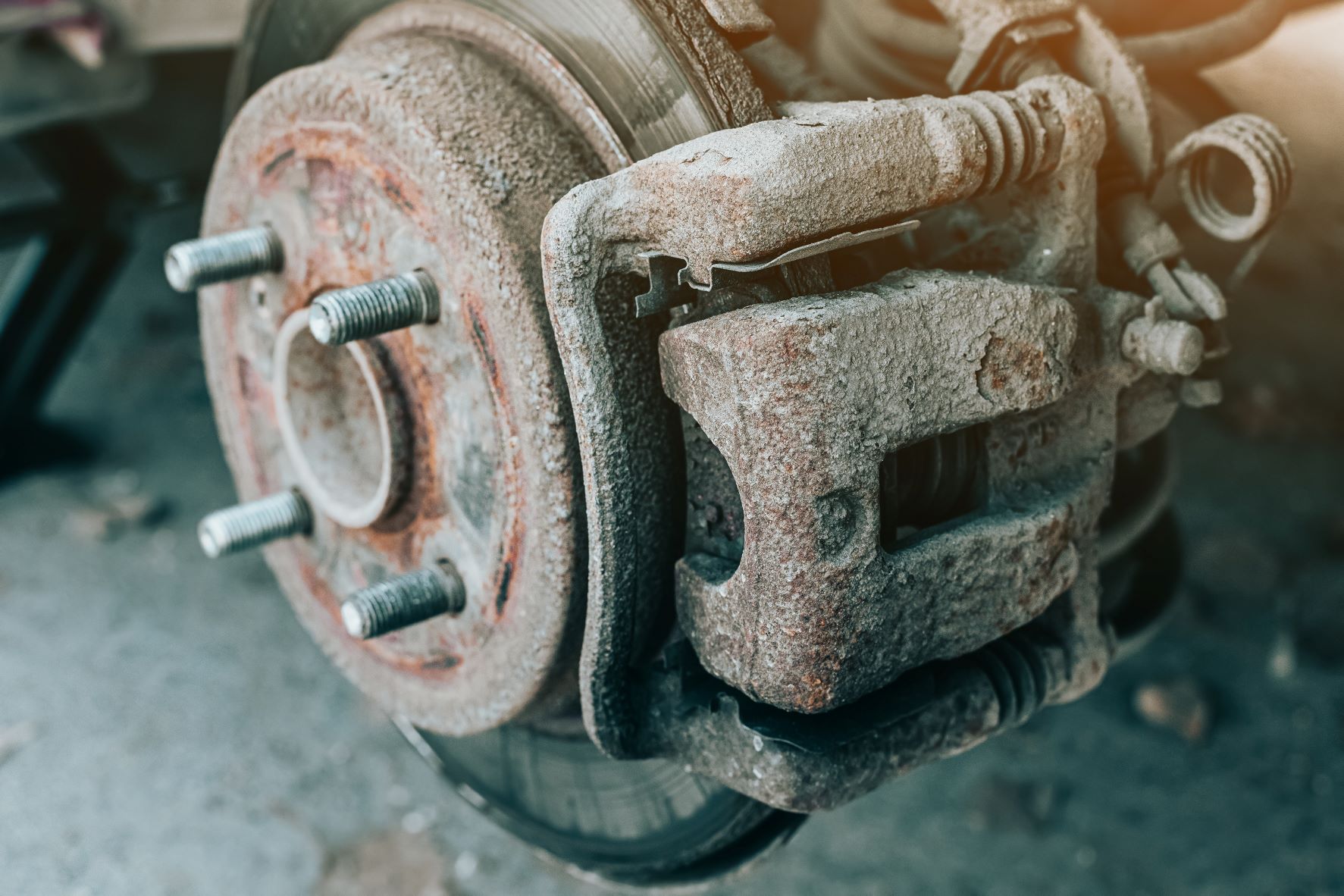
Have you ever heard of brake dust? It could be affecting your health right now…
We all know about exhaust emissions— Harmful gases that escape into the atmosphere through our tailpipes. While catalytic converters and electric vehicles tackle much of this problem, protecting both our lungs and our planet, there is another form of vehicle pollution that often goes unacknowledged.
-
How is it Produced?
Whether you drive an electric or gas-powered vehicle, you are emitting small particles of metal every time you push down on your brake pedal. This ‘dust’, made of tiny carbon fibers, contributes 20% of all fine particulate matter pollution on the planet.
-
Why is it Problematic?
Brake dust can pose danger to the three main things that keep us moving forward—our wheels, our bodies, and the health of our natural habitat. In addition to potentially corroding the surface of your wheels, these metallic particles create toxic chemical compounds when they react with sulfate in the air.
-
How Can I Prevent Brake Dust Pollution?
To minimize your brake dust output, it is important to keep up with your trusted technician’s suggested brake maintenance routine. This will help prevent both the bodies and natural resources around you from being poisoned with toxic particles. Some crucial components of your brakes to pay attention to, as well as their best practices, are:
-
Brake Calipers
Unserviced brake calipers are a huge contributor to brake dust emissions. You should be taking your brake calipers in for a tune-up every 24,000 miles, two years, or if they are sticking.
-
Brake Pads
Brake pads are a big deal— When they are worn out, they not only emit more dust but also affect the safety and performance of your car:
-
Replace Them Regularly
Replacing your brake pads regularly is a responsible way to decrease the amount of brake dust you are contributing to our collective carbon footprint. Not only that, but timely replacement will help to ensure you can stop safely, as well as spare other components of your car from damages associated with accidental wear-away.
Pro Tip: Get your brake pads checked each time you get an oil change—so you never forget! Brake pads should generally be replaced every 50,000 miles, although your owner’s manual can give you a more accurate estimate for your particular make and model.
-
Opt For Ceramic
Ceramic brake pads create less-toxic brake dust and less of it. If you want peace of mind knowing you are doing everything you can to prevent harm to your car, your body, and Earth, make the switch to ceramic.
Especially if you live in a smoggy area like the Salt Lake Valley in Utah, you should be striving to reduce the amount of pollution your car contributes to the air surrounding your community. The experts at Master Muffler in West Jordan can help to ensure you are doing your part, as well as keep your vehicle running stronger, longer.
Related Posts
Key Takeaways On average, passenger vehicle tires last 40,000 to 60,000 miles, depending on type, driving habits, and maintenance. Replace tires when tread depth reaches 2/32”, if damaged, or older than 10 years. Regular rotation, alignment, and proper inflation extend tire life. Aggressive driving, poor roads, and harsh weather shorten tire lifespan. Take advantage [...]
When you think about car maintenance, you probably focus on oil changes, tire rotations, and maybe even brake pad replacement. But what about your brake fluid? If you’ve ever wondered, “What does brake fluid do?” or “Why is brake fluid important?”, you’re not alone. Brake fluid might not be the most talked-about part of [...]
Is that high-pitched squeal from your brakes driving you—and everyone else—crazy? Don’t ignore it. Squeaky brakes aren’t just annoying, they’re your car’s way of saying something needs attention. Whether you're cruising through Salt Lake City or winding up Idaho’s mountain passes, here’s what’s likely going on, how you can fix it, and when it [...]





